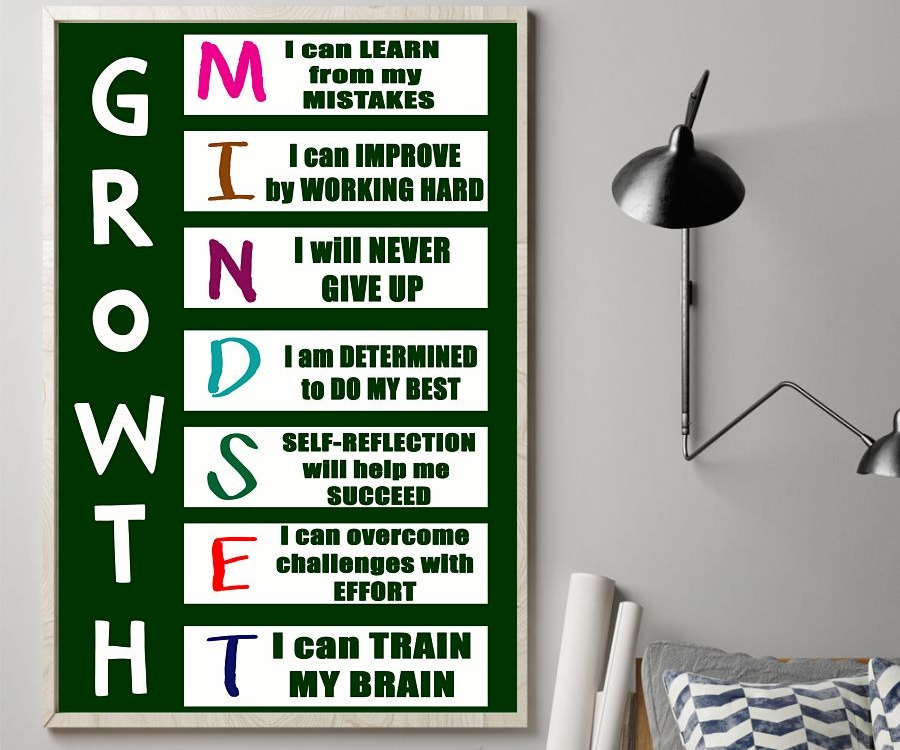Photo credit: HLB Teachers; https://tinyurl.com/y4waowzy
This idea of growth mindset is prevalent in education right now. Actually, I hear about it in other contexts, as well, including in the small business and network marketing realm. It is at the forefront of personal growth discussions, too. You may have seen or read about mindset in a magazine article or even heard your child’s teacher mention it on Parent’s Night or in a parent-teacher conference.
What, exactly, is “growth mindset?”
Over the last several decades, Carol Dweck, Ph.D. researcher at Stanford University, has determined there are two basic mindsets, or systems of beliefs, that govern how people think. You either operate with a fixed mindset, where you believe you were born with a certain amount of talent and ability, or with a growth mindset, where you believe you can improve talent and ability through effort. (Mindset Online)
How does this idea apply to your child’s math learning?
Have you ever heard yourself or your child say something like, “I’m not a math person,” when the homework comes out or there is a problem to solve? If so, then you may believe that you were born with a certain amount of ability to do math and that there isn’t much that you can do to change that. Dweck’s research, along with that of others, has shown this is not true. You can get “smarter” in math with effort and perseverance in the same way you can become a better free throw shooter or piano player. A teacher who understands growth mindset and how to guide you to make the necessary connections might also be helpful, but the fact is we are all math people.
When children are taught to believe their ability to grow and learn math is dependent on the effort they put in, they begin to succeed in math. When they understand that math is a set of skills that take time and practice to master, like shooting a free throw or playing the piano, they begin to believe more in themselves.
Today, I would like to challenge you to think about your beliefs about your own relationship with math and to decide which mindset you currently have. Have you been unintentionally passing on your fixed mindset to your child, or have you been encouraging them to keep trying and practicing to hone their math skills?
While you are thinking about this topic, check out Dweck’s website, MindsetOnline.com, and a Stanford University based site, YouCubed.org, for more information about growth mindset and some great resources about using growth mindset in math instruction.
I would love to hear your thoughts in the comments below.



